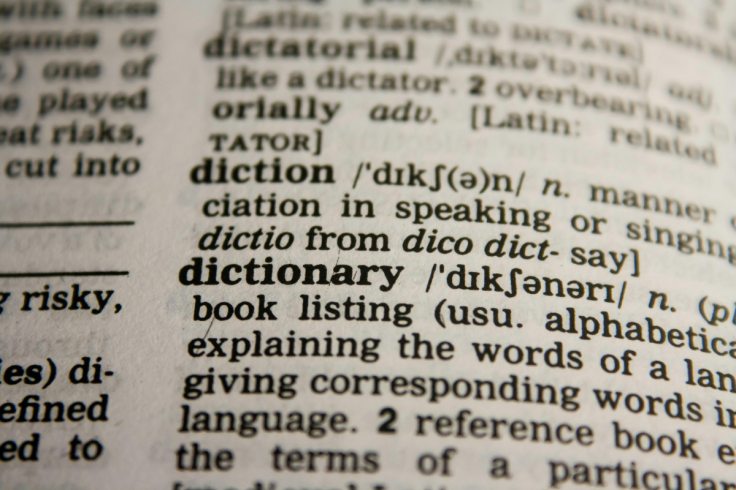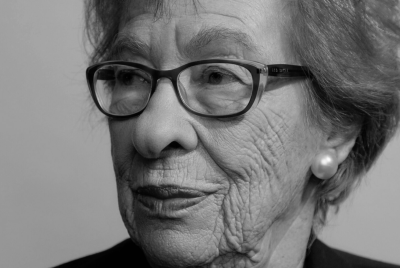Skibidi Meaning, Usage, Origin: Inclusion In Cambridge Dictionary Sparks Cultural Debate
Skibidi among 6,212 new Cambridge Dictionary entries has sparked polarised reactions

The addition of skibidi to the Cambridge Dictionary has ignited a fierce debate about the influence of digital slang on the English language.
As a term born from online memes, its recognition among 6,212 new dictionary entries raises questions about linguistic evolution and the growing impact of social media on communication.
Let's explore skibidi's origins, its varied applications, and the controversy surrounding its dictionary inclusion.
Origins of Skibidi
The term skibidi emerged from the YouTube animated series Skibidi Toilet, created by Alexey Gerasimov in 2023, featuring surreal battles between toilets with human heads and humanoid figures.
The word, initially a nonsensical lyric from a viral song, gained traction through memes and social media, particularly among Gen Alpha, those born in the 2010s.
The Cambridge Dictionary defines skibidi as a word that can mean 'cool' or 'bad' or be used jokingly with no real meaning, reflecting its versatility.
Its rise was amplified by celebrity engagement, with Kim Kardashian showcasing a 'Skibidi Toilet'-engraved necklace on Instagram in October 2024.
On X, @BBCLookEast posted on 18 August 2025, '"Skibidi" and "tradwife" among words added to Cambridge Dictionary,' highlighting its mainstream recognition.
'Skibidi' and 'tradwife' among words added to Cambridge Dictionary https://t.co/hUJgoO5wEY
— BBC East (@BBCLookEast) August 18, 2025
The term's roots in brain rot content, mindless, absurd online media, underscore its appeal to younger digital natives.
Usage in Modern Culture
Skibidi's adoption spans social media, gaming chats, and everyday speech, often as an expression of approval, disapproval, or playful absurdity.
Phrases like 'What the skibidi are you doing?' or 'That's so skibidi' are common among teenagers, as noted by the Cambridge Dictionary's examples.
Its usage surged on platforms like TikTok, where it's paired with rizz, slang for charisma, in phrases like 'skibidi rizz'.
@lolpodcastlover7 #CapCut @harperzilmer4
♬ original sound - Laceyeditsxxx❤️
The term's flexibility allows it to adapt to context, making it a staple in absurdist slang. Colin McIntosh, Lexical Programme Manager at Cambridge Dictionary said, 'It's not every day you get to see words like skibidi and delulu make their way into the Cambridge Dictionary.'
The word's popularity among Gen Alpha reflects a broader shift toward post-ironic, chaotic online humour, with X posts like @philstarlife's on 17 August 2025 stating, 'SKIBIDI IN THE DICTIONARY? Over 6,000 new words just entered the Cambridge Dictionary, and yes, Gen Z and Gen Alpha terms like "skibidi" made the list.'
SKIBIDI IN THE DICTIONARY?
— PhilSTAR L!fe (@philstarlife) August 18, 2025
Over 6,000 new words just entered the Cambridge Dictionary, and yes—Gen Z and Gen Alpha terms like "skibidi", "delulu", and "tradwife" made the list.
READ: https://t.co/mx40ld4vYd pic.twitter.com/4YUV2VO9mq
Cultural Debate Over Dictionary Inclusion
The inclusion of skibidi among 6,212 new Cambridge Dictionary entries has sparked polarised reactions. Supporters argue it reflects the dynamic nature of language, driven by internet culture.
The Cambridge English Corpus, a database of over 2 billion words, confirms skibidi's frequent use, justifying its addition. However, critics view it as a sign of linguistic decline, decrying the legitimisation of brain rot terms.
On X, users express mixed sentiments, with @LambdaGen posting on 17 August 2025, '"Skibidi" has been added to the Cambridge Dictionary. Yes you are living in this timeline.'
'Skibidi' has been added to the Cambridge Dictionary.
— LambdaGeneration (@LambdaGen) August 18, 2025
Yes you are living in this timeline.https://t.co/5cGeaRB0ms pic.twitter.com/LVfZFm0l1t
Some argue it glorifies trivial online trends, while others see it as a celebration of youth culture's creativity. The debate extends to other new entries like tradwife and delulu, which also highlight social media's influence.
The controversy underscores tensions between preserving linguistic standards and embracing evolving communication, with skibidi at the heart of discussions about digital culture's impact on English.
Skibidi's journey from a YouTube meme to a dictionary entry highlights the power of internet culture to shape language.
As debates continue, the term remains a testament to the creativity and chaos of the digital age.
© Copyright IBTimes 2025. All rights reserved.





















